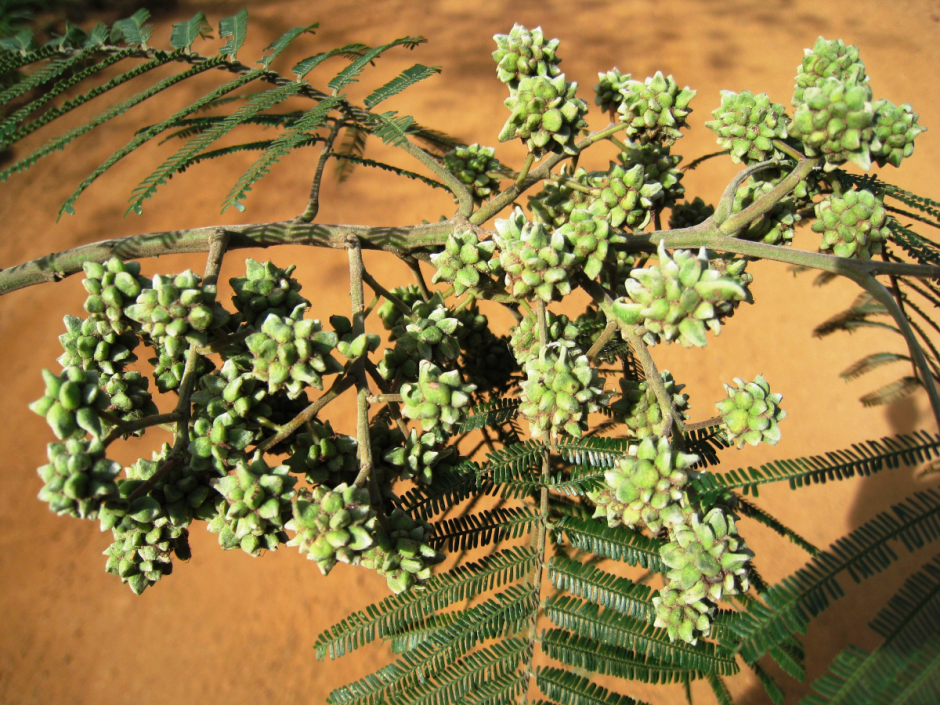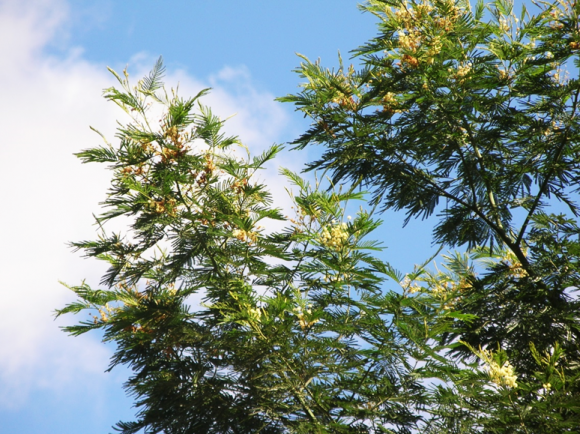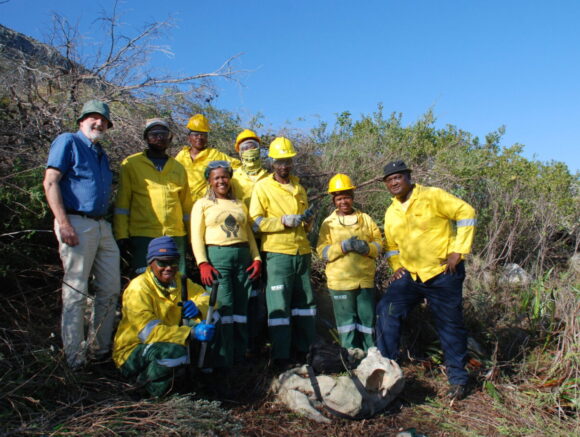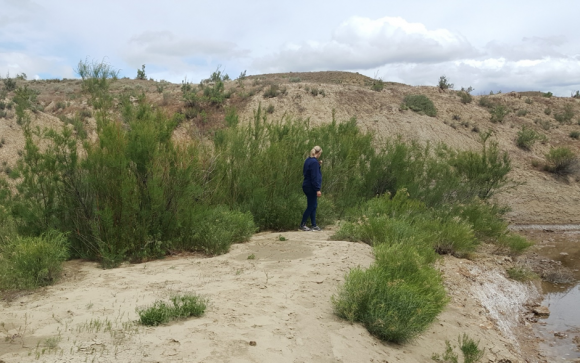A review of the economic benefits arising from the biological control of invasive alien plants has confirmed that the practice continues to deliver very attractive returns on investment. Prof Brian van Wilgen (C·I·B Core Team Member), Dr Urs Schaffner (CABI Switzerland), and Drs Andy Sheppard and Raghu Sathyamurthy (CSIRO Australia) compiled the review, which covered the most recent studies from around the globe.
The review was a contribution to a special issue of the journal Current Opinion in Insect Science, which focused on advances and challenges in the field of biological control of invasive alien plants. Besides returns on investment that ranged from 8:1 to > 3500:1, depending on the target species, it was also noted that these returns grow substantially over time, as the benefits of avoided costs accumulate. Also important is that people tend to forget how troublesome invasive alien plants had been once they are brought under control, and support for ongoing control can fade, with obvious negative impacts should control be discontinued.
Given that invasive alien plants can have serious negative environmental and economic consequences, it would be important to reduce these impacts wherever possible. In cases where conventional mechanical and chemical control efforts alone are inadequate, biological control has often made effective control possible by reducing the vigour and spread potential of the target plant. In several cases, biological control alone has proved sufficient to bring the target plant under control, with no further interventions required.
“It always astounds me that developing countries in Africa make the introduction of biological control agents difficult by raising questionable concerns about safety and erecting bureaucratic barriers,” said Brian van Wilgen, “when biological control is demonstrably safe, cheap, and sustainable, and as such it is often the only real hope of gaining control of what is a substantial environmental problem.”
Read the full paper
For more information, contact Brian van Wilgen at bvanwilgen@sun.ac.za




